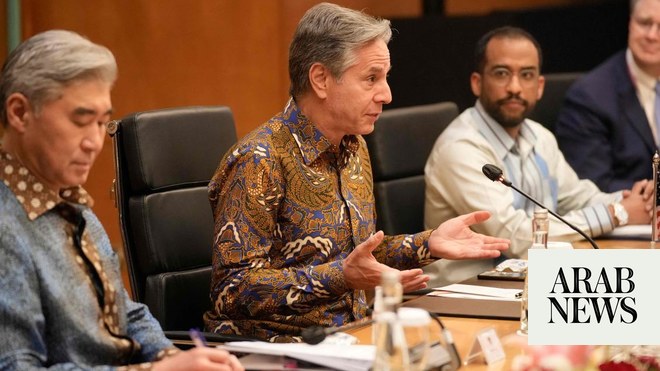
One year ago on Tuesday, the Tatmadaw — the military of Myanmar — took over the reins of power in the country and arrested the leaders of the freshly elected civilian government. This is a pattern that has occurred several times in the post-independence history of Myanmar and, based on past experience, the leadership of the army had every reason to expect that the junta would transition into the position of legitimate government of the country quite seamlessly. Except things did not play out that way this time around. For the entirety of the past year, its hold on power has only gotten more tenuous and it now appears weaker than ever.
The Tatmadaw has ruled over Myanmar directly for most of the country’s recent history. By all accounts, it is the “default” government of the country. This status has been contested by the people of Myanmar at various points over the last few decades, especially in times of economic crisis or following externally imposed crises. Then, the Tatmadaw would attempt a detente with the pro-democracy movement, usually by allowing some limited form of democratic participation.
The experiment with democracy in Myanmar in the 2010s followed a change in the constitution of the country, which the Tatmadaw conceded in 2008 in the wake of its disastrous handling of the aftermath of Cyclone Nargis. Incompetence and corruption in that crisis led large swaths of the people to once again withdraw their tacit acquiescence of the military government, and so the leadership decided that the only way to mollify dissent was to reform the constitution to allow for a form of managed democracy. This allowed ordinary citizens to vote for representatives and those representatives would then have a good deal of influence on domestic policy, but the Tatmadaw would still retain an effective veto of issues it deemed fundamental to its interests.
In the past year, we have seen that the people of the country will simply not accept the military imposing itself upon the government again
Dr. Azeem Ibrahim
That arrangement worked well for the Tatmadaw for more than a decade: Long-standing sanctions on Myanmar overall, and the economic interests of the Tatmadaw leadership in particular, were lifted by the international community; many of its leaders enjoyed a degree of rehabilitation in the eyes of the international community; and its seemingly close relationship with the elected leader of the civilian government, Nobel Peace Prize laureate Aung San Suu Kyi, bolstered even its domestic standing.
It is still not entirely clear exactly what prompted the leadership of the Tatmadaw to execute the coup last February. The only apparent immediate cause seems to have been that Suu Kyi’s party won a sweeping majority for the second time in a row, which may have prompted fears that the civilian government was becoming entrenched in a way that might be impossible to veto down the line. Perhaps the motivation was as simple as the leadership of the Tatmadaw feeling that its ultimate control over the attempted “managed” democracy was slipping away and that it needed to reimpose its authority while it still had time.
In any case, it appears that the leaders’ calculations have been entirely wrong. Surprising many of us in the international community, it appears that the craving for democracy has grown deep roots in Myanmar over the past decade and the people of the country will simply not accept the military imposing itself upon the government again. The tragic consequence of this is that we are currently witnessing an ongoing civil war over the issue. The pro-democracy movement among the civilians is now suffering the same kind of genocidal treatment that the Tatmadaw wreaked on the country’s ethnic minorities in decades past. The people of Myanmar have experienced some brutal suffering over the past 12 months — and it appears there will be more to come.
On the positive side, it appears that nothing will stop the civilians from pursuing democracy and freedom. If they have not yielded in the wake of the brutal military operations of the past year, nothing the Tatmadaw can do will suppress them. The Tatmadaw is running out of road on several fronts in its ability to fight this civil war. Time is on the side of democracy.
We may yet hope that this conflict ends as soon as possible and with the smallest possible human cost. But the people have already demonstrated that nothing will make them back down, so the result is not in doubt: As things stand, it seems that democracy for the people of Myanmar is a question of when, not if.
Dr. Azeem Ibrahim is the Director of Special Initiatives at the Newlines Institute for Strategy and Policy in Washington D.C. and author of “The Rohingyas: Inside Myanmar’s Genocide” (Hurst, 2017). Twitter: @AzeemIbrahim
Disclaimer: Views expressed by writers in this section are their own and do not necessarily reflect Arab News" point-of-view












